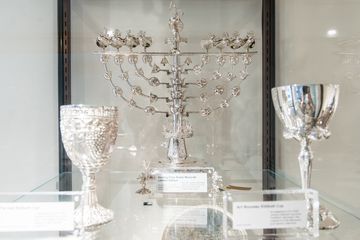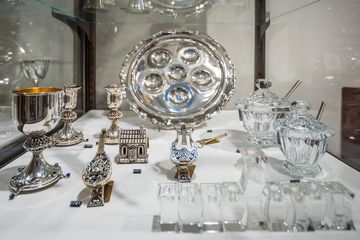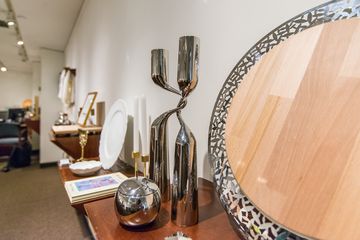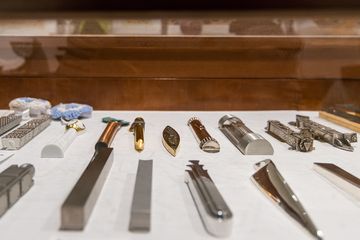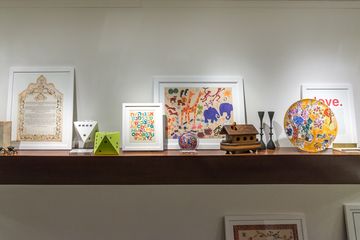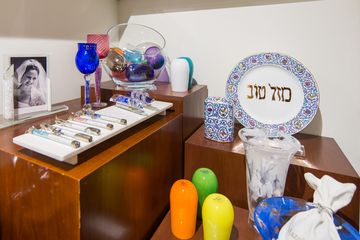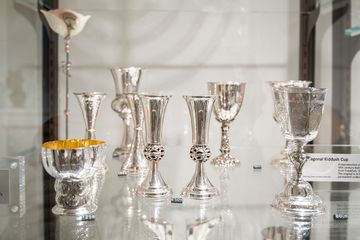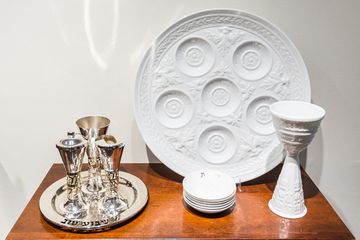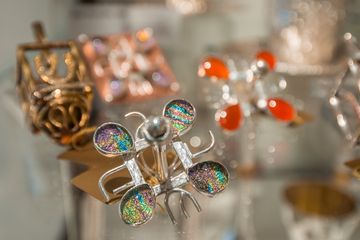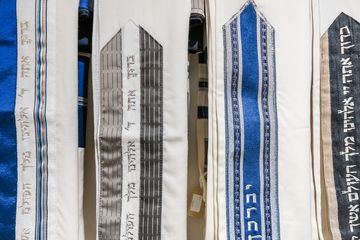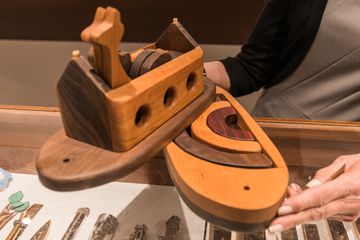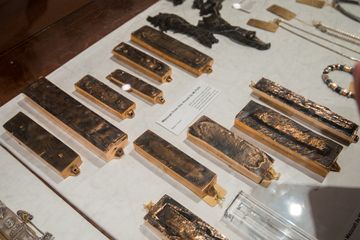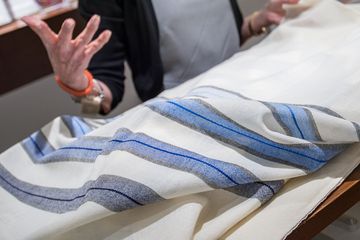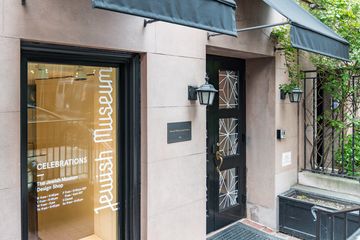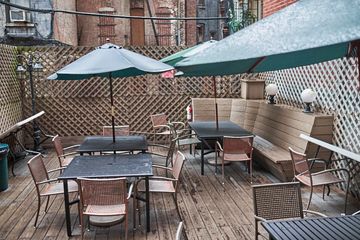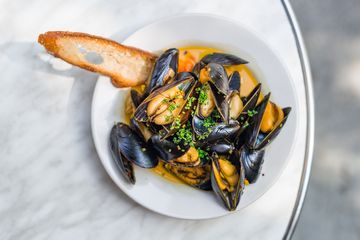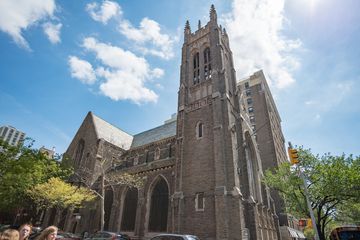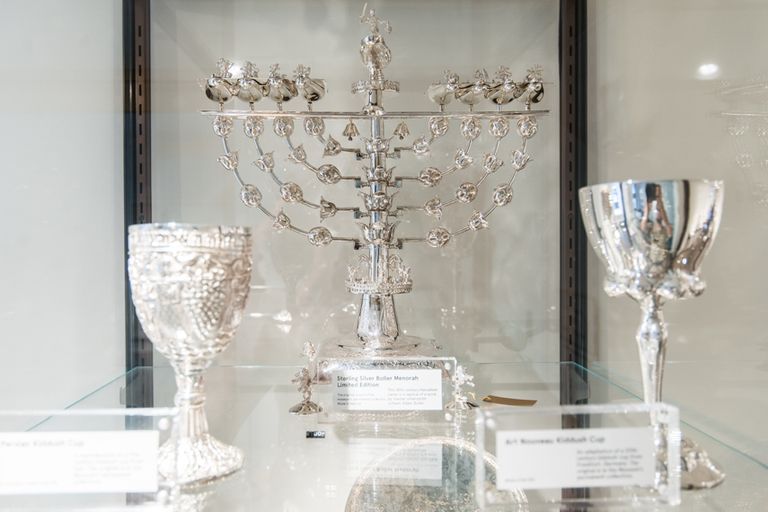
Although the Jewish Museum has their own extraordinary gift shop, right next door there is Celebrations. Opened in 1997, this is a store where customers can peruse a collection of high quality Judaica and select mezuzzahs, kiddish cups, dreidels, and many other sacred items. Having purchased many wedding, Bar and Bat Mitzvah, and other special occasion items here, I was quite familiar with this amazing place. Spending time with Carol Ullman and Stacey Zaleski, two lovely women who run the shop, made my appreciation for the exquisite selection that much greater.
Celebrations recognizes the work of artists from other countries as well as from right here in the city. Sage Reynolds is a New York artist whose hand-made designs sit next to a glass case that displays silver objects from Israel. Included in the collection were a few items made from stainless steel metal lace, which Carol accurately described as, “Very pretty and very unusual.” The selection runs from traditional, such as tallit made on a hand loom by Israeli women, to colorful and modern, like a large orange seder plate. The two women explained that there are no specific guidelines for the Judaica that Celebrations sells, except that it is "Good quality, good level of design, and clear function.”
Included in their innovative inventory are colorful glasses to break at a Jewish wedding ceremony and historic ketubahs from the museum’s exhibits, with the text removed. “This is a go-to place for couples to come,” Stacey said, to which Carol added, “Sunday is always a busy ketubah day.”
Ketubahs are not the only items in Celebrations that imitate pieces from the Jewish Museum. There are also reproductions of silver pieces from the museum’s collection, which have proven popular with the shop's customers. As for more modern designers, Alessi is always a big seller. There are also some stunning pieces from Ludwig Wolpert, who is considered the “father of modern Judaica” and who had a workshop in the Jewish Museum in the middle of the twentieth century. In the central case I discovered “Forgotten Judaica,” a company based in Rhode Island that creates folk art-inspired items decorated with squirrels and other common animals.
Possibly the most touching collection that the two women pointed out were the mezuzahs from Mi Polin, which translates to “From Poland.” They are the only Polish Judaica designers that Stacey is aware of, and each of their pieces is steeped in history. This company locates mezuzahs from houses that were destroyed during World War II and then creates bronze casts of them. Each one has an address on the side, explaining where it was found. When a customer purchases one of these, they receive a story explaining its origin.
“A lot of the pieces in here have a story, whether they’re one-of-a-kind or handmade or artisan," Stacey shared. And Celebrations allows customers to take the time to explore, examine, and hear the stories behind each work of art. “It’s an intimate place to shop,” Stacey pointed out, noting that the pace of the Judaica store is a lot slower than that of the main museum gift shop. With its personal attention to shoppers and willingness to create custom items, Celebrations has become a favorite location for generations of families. As Stacey said, “We create long-lasting friendships with customers. It’s a family affair.”
